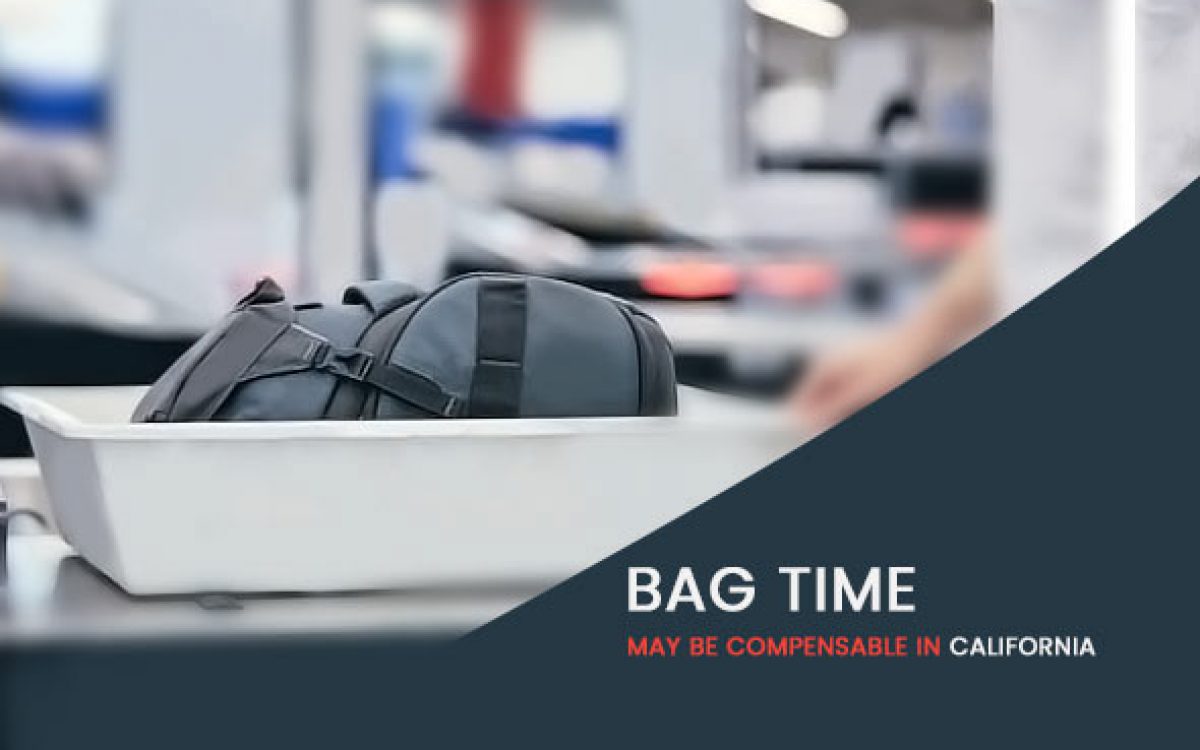In California, employees in most industries must be paid for the time they are subject to the control of their employer, not just the time spent doing work. Since 1947, California has specifically departed from federal law and has provided greater protections to working employees. Over the last several years, the question of whether employees should be paid for time spent in security lines having their bags checked has arisen in several different contexts, in California and across the country.
In late 2014, the U.S. Supreme Court held that security checks are not compensable time under the federal Fair Labor Standards Act (“FLSA”) because the security checkpoints are not part of the actual workday. However, given that California law requires employees to be compensated not only when they are working but also when they are subject to their employer’s control, a lawsuit in California ensued surrounding Apple’s use of a security checkpoint at its corporate offices.
In a unanimous decision, the California Supreme Court recently held that the time spent by Apple employees waiting for and undergoing security checks of bags and other personal items is compensable time under California law, even though the “bag check” policy only applied to employees who chose to bring personal items to work. It is not all bad news for employers though, as the California Supreme Court did not rule that all security bag checks are paid time but, rather, set out a multi-factor test to determine whether an on-site, employer-controlled activity should be compensable. The factors to consider include:
- The mandatory nature of the activity;
- The location of the activity;
- The degree of the employer’s control;
- Whether the activity primarily benefits the employee or employer; and
- Whether the activity is enforced through disciplinary measures.
Importantly, the court’s decision is retroactive. This means that any employers that do not pay employees for time spent on security checks should evaluate their policies under these factors and evaluate whether they may be required to pay employees for this time, including any back pay.
